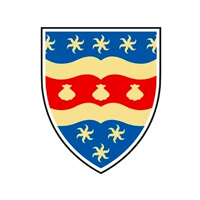fees waived
Civil Engineering, BEng (Hons)
University of Plymouth, United Kingdom
Ranking in UK
Civil Engineering
Engineering: Civil
Civil Engineering
Costs
food & rent S$18.8k / year
Entry requirements
Scholarships
Unlimited quantity
Unlimited quantity
Unlimited quantity
Limited quantity
Information
Code
Code
Intakes
Website (External)
Programmes
Information
Duration
2029
Civil engineers design and construct essential infrastructure, such as suspension bridges and earthquake-resistant buildings, to provide shelter, clean water, transportation, and protection from natural hazards. This accredited BEng (Hons) programme, recognised by the Institution of Civil Engineers and others, equips students with practical skills through site visits, laboratory work, and lectures from industry experts. Taught by qualified academics, the course covers core subjects like structural analysis, geotechnics, and hydraulics, while offering options in water and structural engineering.In the first year, students build foundational knowledge in engineering principles and design. The second year delves into civil disciplines, including fluid dynamics and project management, with opportunities for degree swaps. Final-year studies focus on advanced infrastructure design and an individual research project. An optional paid placement year enhances employability, and assessments combine exams (49%) with coursework (51%). Graduates join a global network of professionals, with potential progression to an MEng.
A local representative of University of Plymouth in Singapore is available online to assist you with enquiries about this course.

